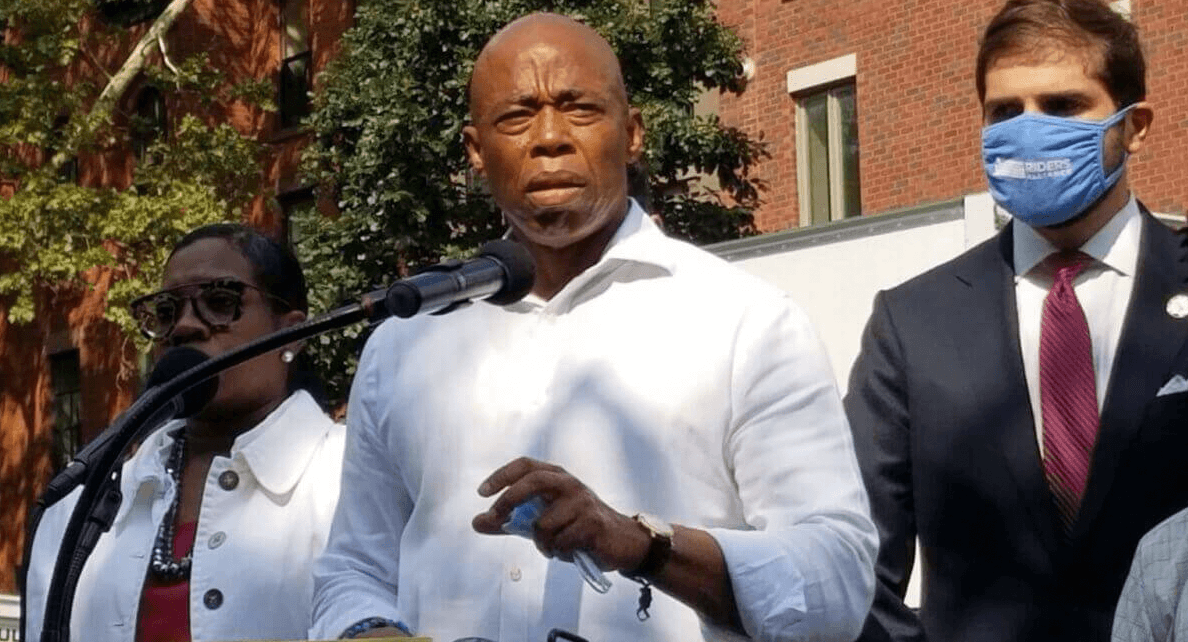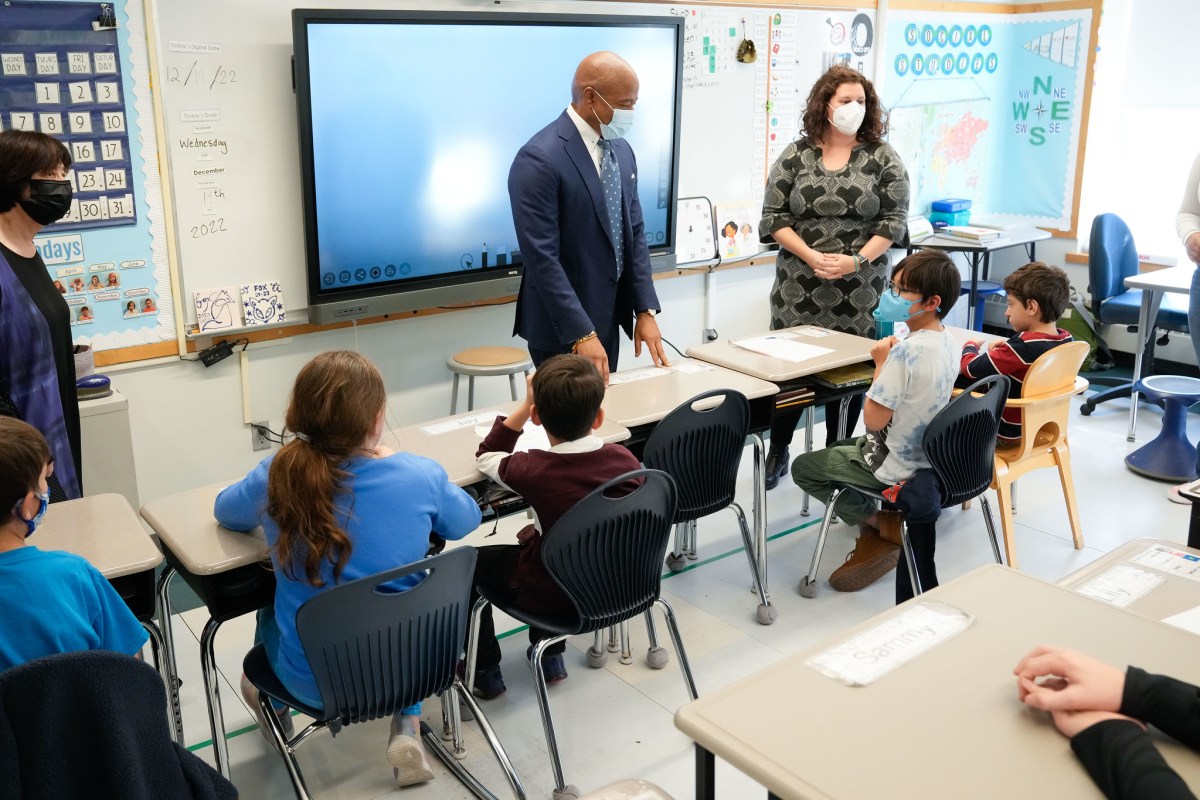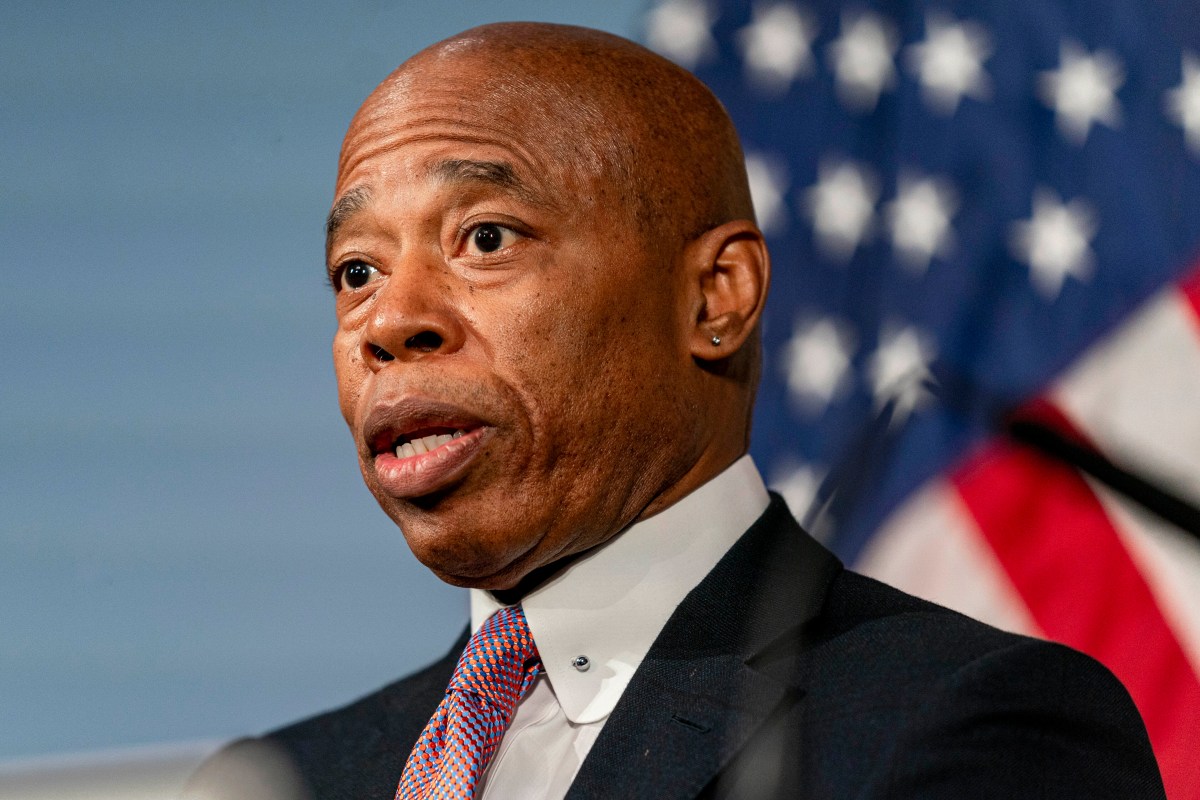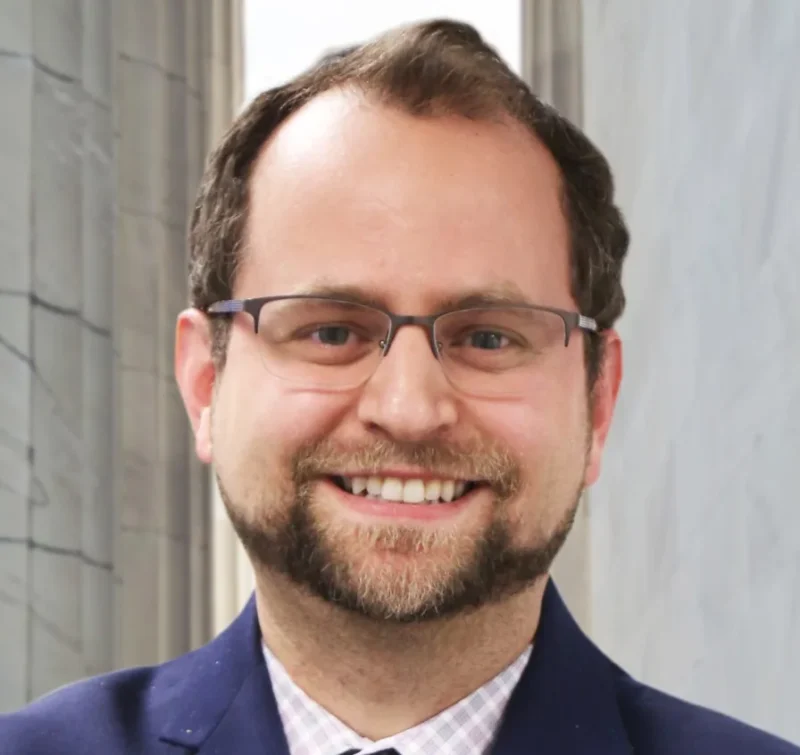The 2021 New York City election outcomes should be ones that produce the most optimism and hope around policies and actions that usher in equity, equality and improvement in socioeconomic outcomes. An historical election by all accounts, the 2021 New York City Council, mayoral and borough president elections resulted in younger, Black, Indigenous, people of color (BIPOC) and females being voted into office that reflect the racial, ethnic, socioeconomic and gender diversity of the beautiful mosaic that is New York City.
I advance this historic New York City election was made possible by the many travesties and tragedies that brought us to the Overton moment the nation finds itself at. An Overton moment or window is the political science concept that refers to a range of policies that are acceptable to the mainstream at a given moment, in the instant moment, given the confluence of a pandemic, racial tensions and a challenging economy.
Politics is the power to decide who gets what, when and how. Politics is linked to societal values. Dominant values or goals are disseminated through those who possess power to make decisions. The question all economies ask concerning their scarce resources are what should we produce; how should we produce it; and who should we produce it for? The intersection of politics and the economy (the political economy) is such that economic power is leveraged to acquire political power. Political power structured as an institutional system then intentionally and perpetually privileges those “possessed” of dominant values and marginalizes others who are deemed outside of mainstream values.
In New York City’s current economy, more people have exited the middle class and are now considered poor, even though they may not realize or admit it. To be sure, austerity and behavioral policies accompanied by divestment of resources are what led to the oppressive socioeconomic inequities that are the reality and lived experience for New York City’s marginalized residents. Punitive, regressive policies and diverted resources are what led to socioeconomic marginalization for these residents. Conversely, bold, progressive policies and resources to carry them out need to be the policy and economic responses to correct these harms.
Three issues Mayor Adams’ administration, council members, borough presidents and other officials should prioritize over the next several months include economic security in the form of a jobs guarantee, housing and health for New York City’s most marginal and vulnerable, overwhelmingly BIPOC and female residents.
Economic Security through a Jobs Guarantee
Chief among these issues is economic security through a jobs guarantee. Economic security through a jobs guarantee should not be viewed as only an outcome that individuals, corporations or even governments strive to attain. Rather, it should also be viewed as an input that provides a level of agency and stabilization for individuals with which to secure stable housing and health. For corporations and governments, economic security through a jobs guarantee is an input that stabilizes among other things, business cycles and economic shocks.
As for swagger, New York City dominates the economy of New York state and it rivaled the economy of developed nations the likes of Spain and Canada in 2017. When we talk about GDP and productivity, it is driven by people. The most valuable and important resource of any city, state or country is its people. Want to keep that swagger going? Go big, go bold and create policies that put people first, if the market refuses to supply what is being demanded.
Public Health System and Housing that is Actually Affordable
If stable health (health insurance) and stable housing are tied to a stable source of income, then it would stand to reason that the anchor of a guaranteed job paying non-poverty wages and health benefits should also be stable. Even in the “robust” pre-pandemic economy, many of the kinds of jobs held by the most marginalized were the kinds of jobs with no fringe benefits and, in many cases, workers were considered independent contractors or business owners instead of employees. The need for stable healthcare and housing was made abundantly clear at the onset of COVID-19 in New York City’s most vulnerable communities. Now would definitely be an excellent time to invest in a shoring up of the public health care system in New York City and stable housing that is not affordable in name only (AINO).
And while under de Blasio’s administration 521,000 fewer city residents in 2019 were in poverty or near poverty as compared to 2013, relative to poverty rates of Black and Hispanic residents, 21% and 25%, respectively, of the 8 million-plus people who call New York City home, that decline represents about 6% of the population. It’s a start, but it doesn’t have swagger. New York City can do much better than 6%.
All too often, the rebound after an economic downturn delivers corporations like Amazon profits of more than 200% but BIPOC and females never recover from loss of assets. Instead, they are pushed further to the socioeconomic margins of homelessness, under employment, involuntary unemployment, chronic illness and ultimately death.
As supply and demand go, there is certainly a demand for addressing the above articulated issues, given the ever-evolving variants of COVID-19 and the spiking homelessness crises and the contraction of industries like retail, hospitality and the service economy that employ many BIPOC and females. In a capitalist economy, if there is no profit motive, suppliers will not enter the market to meet the demand. This market failure is fueling the disparities we are witnessing. The Adams administration can demonstrate that swagger to correct the market failure.
This is the clarion call for Mayor Adams, council members, borough presidents and other elected and appointed officials. The New York City Chapter of Scholars Strategy Network is your go-to resource for policy advice and expertise around the issues and challenges you have been elected or appointed to address. We look forward to being your legislative and policy partners and as we continue to create a more equitable New York City.
Dr. Lessie Branch is the Director for Programs Community Relations for the Citizens Committee for New York City, a member of the NYC Chapter of the Scholars Strategy Network, and the founder of the Think Tank at The Thinkubator.
























